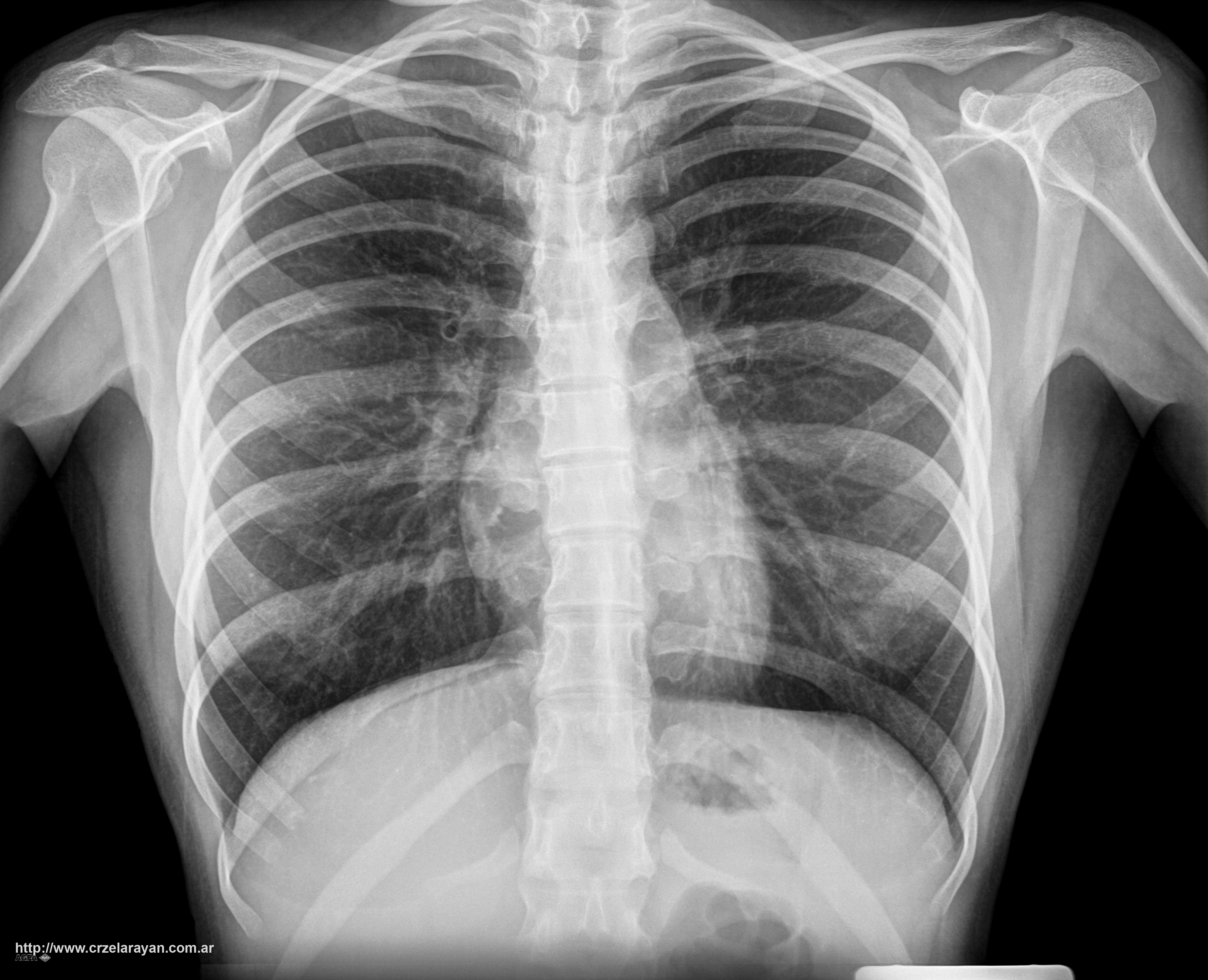Sustainable Energy
Sustainable development

Let's protect the environment; Use green energy
Types of energy
- Mechanical: The mechanical energy is the sum of kinetic and potential energies. Kinetic energy is the energy associated with the bodies that are in movement, it depends on the mass and the speed of the body. The potential energy is the energy that results from the position or configuration of the object.

- Nuclear: The nuclear energy or atomic energy is the energy that is released spontaneously or artificially on the nuclear reactions.

- Electric: The electric energy is the form of energy that will result of the existence of a potential diference between two points, situation that will permit establish an electrical current between both points if you place it in contact trought an electric conductor to obtain the mentioned work.

- Radiant: The radiant energy is the energy possessed by the electromagnetic waves like the visible light, the radio waves, ultraviolet rays (UV), infrared rays (IR), etc.


Thermal: Is known as thermal energy the energy released in form of heat, that is, it passes from a warmer body to other with less temperature.

Chemical: The chemical energy is the energy contained in molecules.

Energy transformation
Energy transformation or energy conversion is the process of changing one energy transformation to another form of energy.

Ways to classify energy
There are many ways to classify energy (Renewable, non renewable, conventional, non conventional...), but the most common are renewable energy and non-renewable energy (depending on their availability in nature and capacity for regeneration).
Renewable energies

Renewable energy is any resource that is naturally regenerated over a short time scale and derived directly from the sun (such as thermal, photochemical, and photoelectric), indirectly from the sun (such as wind, hydropower, and photosynthetic energy stored in biomass), or from other natural movements and mechanisms of the environment (such as geothermal and tidal energy). Renewable energy doesn't include energy resources derived from fossil fuels, waste products from fossil sources, or waste products from inorganic sources.
Non renewable energy
Subscribe to:
Posts (Atom)



